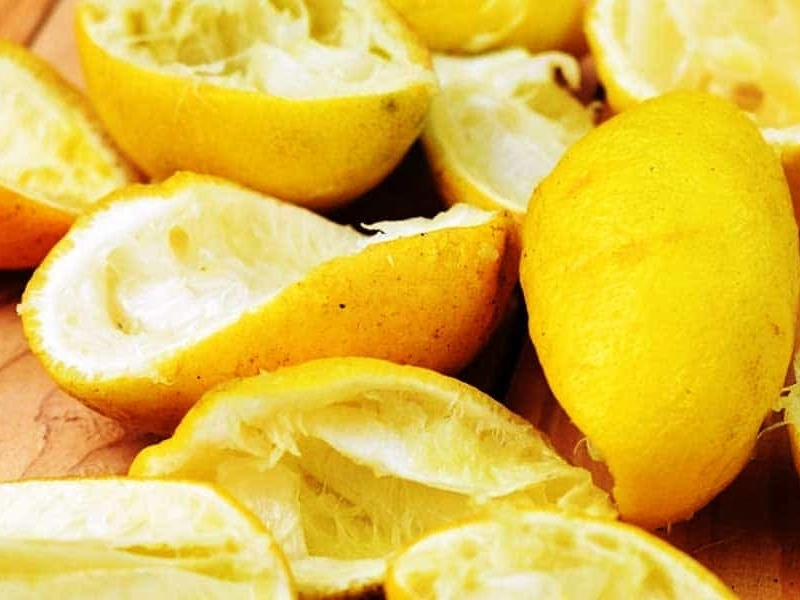8. Lemon Peels in Gardening

From improving soil quality to discouraging pests, using lemon peels into your gardening regimen has many advantages. Lemon peels are a great addition to your compost pile of their high acidity. Lemon peels break down and replenish nutrients back into the soil when added to compost, therefore enhancing the soil and encouraging good plant development. This ecological approach helps a garden flourish in addition to cutting waste.
Additionally a natural pest deterrent are lemon peels. Strong citrous smell of lemon repels many common garden pests including aphids and snails. Arrange fresh or dried lemon peels around your plants to use for pest control. While keeping a chemical-free surroundings, this easy approach can help guard your garden from undesired guests.
Making a lemon peel spray is another great approach to utilise lemon peels in gardening. Boil lemon peels in water; pour the juice into a spray bottle. Applying this natural insect repellent to your plants will assist to ward off pests. Not only will lemon's nice smell discourage bugs, but it will also improve the general perfume of your garden.
Furthermore, buried in the ground, lemon peels might help your plants grow stronger. Just cut the peels and toss them in the dirt around your plants. Nutrients supporting good development will be released as the peels break down. This method improves soil fertility and supports a more environmentally friendly farming style as well.
All things considered, applying lemon peels in gardening offers several benefits. From improving compost to naturally deterring pests, lemon peels are a flexible and environmentally beneficial tool that might improve your gardening methods. Including lemon peels into your gardening schedule will help your plants live in a better and more sustainable surroundings.
Advertisement
Recommended Reading: 25 Hilariously Weird Wedding Photos Guaranteed to Make You Laugh
You are viewing page 8 of this article. Please continue to page 9

























Comments
Leave a Comment
Your email address will not be published. Required fields are marked *